Start of a Busy Life
The typical student from the Faculty of Law is usually busy and hard-working. Lei is no exception. To obtain his lawyer license and master’s degree, he worked for ten hours each day, working as an intern in a law firm, studying trainee lawyer courses, preparing for exams, studying for a master’s degree, conducting legal research, and teaching classes at the same time. But despite a hectic schedule, he never slacked in his studies. In 2015, he received his master’s degree in law (Chinese). In November 2016, he passed the final exam for trainee lawyer and finally became a lawyer.
‘Throughout the process, I was very lucky to receive guidance from the professors in the Faculty of Law and encouragement from my friends and classmates. And thanks to the support of my colleagues, I was able to arrange my personal schedule efficiently,’ he says. To accomplish his goals, he had to sacrifice the time with family and friends. He also moved into one of the Postgraduate Houses on campus in order to save time on commute.
Some of Lei’s classmates abandoned their studies halfway, but Lei persisted because of his strong interest in law. ‘When I was a freshman, the law books I read were all in Chinese, but I often couldn’t understand what they said, and at those moments I found myself wondering if I was cut out for law, but after studying by myself and discussing with my classmates, senior students, and professors for a while, I was finally able to understand the books,’ he says.
Whenever the thought of giving up flashed through his mind, Lei would remind himself why he wanted to study law in the first place. ‘I chose to study law because I wanted to broaden my horizons, but more importantly because I wanted to help other people to solve their problems, so although it is a difficult journey, it’s worth it.’
Working for Justice and Law
Lei is a gentle, cultured person, a far cry from the aggressive, silver-tongued lawyer you would see in TV dramas. Lei says that lawyers are legally obliged to express their opinions to their peers and to the judge in a polite way, so the common scene from TV dramas where two lawyers scratch each other ’s eyes out is actually very rare in real life. ‘People sometimes have a negative impression of lawyers, thinking that they are just mercenary business people working for the rich. But in fact, the first and second articles in the Code of Professional Conduct issued by the Macau Lawyers Association state that lawyers should consider themselves as working for justice and the law, and should try their best to remain independent and impartial. Moreover, a lawyer must refuse to act as a proxy for matters he deems as inappropriate. So money is not our only consideration, we can say no to things that we consider as unjust,’ he says.
He explains that a lawyer must form his judgments impartially without being swayed by external comments. And in criminal law there is an important principle known as ‘presumption of innocence’. A lawyer must not have any pre-existing bias about a case and must analyse each case carefully. For instance, the decision as to whether or not a suspect is guilty should be made by the judge according to the evidence presented in court. Everyone has the right to access legal information, as well as the right to legal counsel and defense.
Becoming a lawyer is one of Lei’s goals in life. After spending the past few years to accomplish this goal, he says he needs a short break to recharge himself so he can work for the next goal. Asked what his next goal is, he says, ‘I hope I can adapt to this profession as soon as possible, and in the future I may study for a PhD degree.’
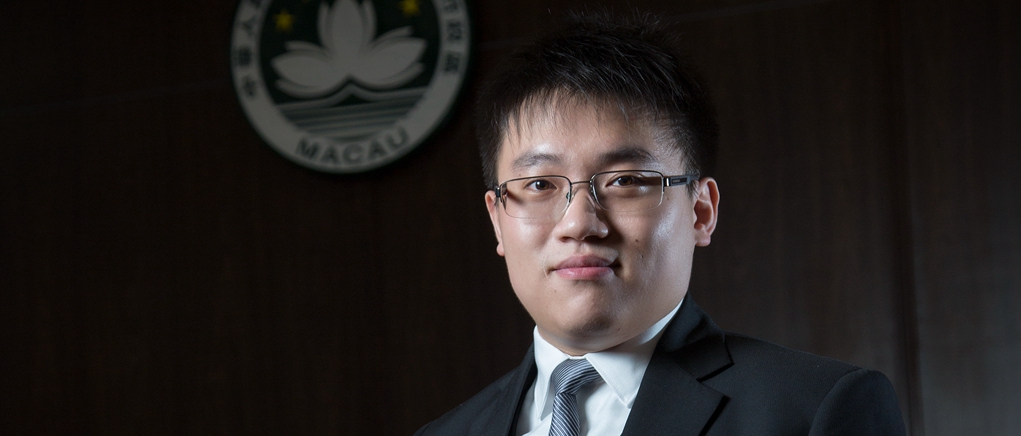
41519-79436
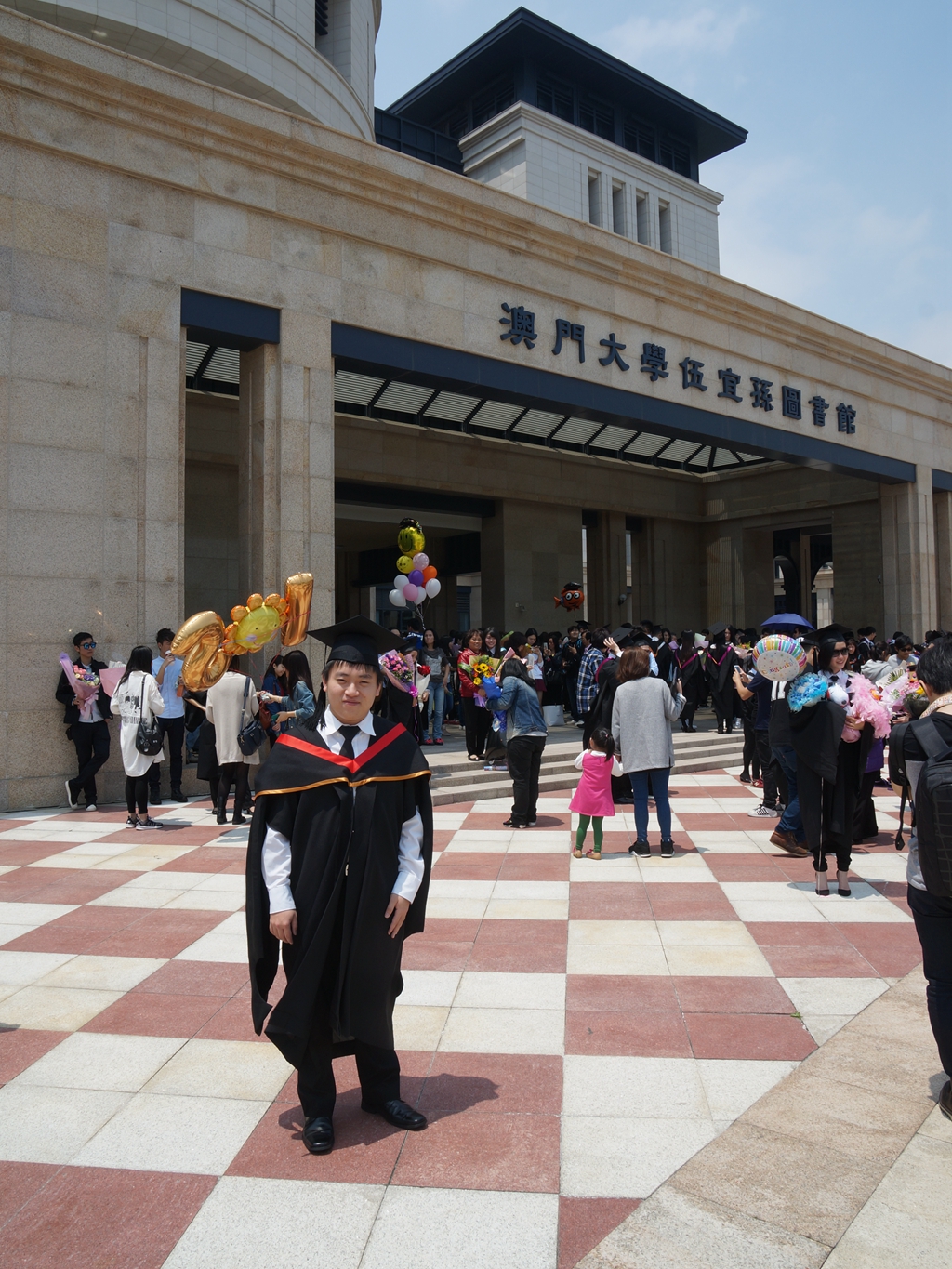
Lei receives his master’s degree in law (Chinese) in 2015
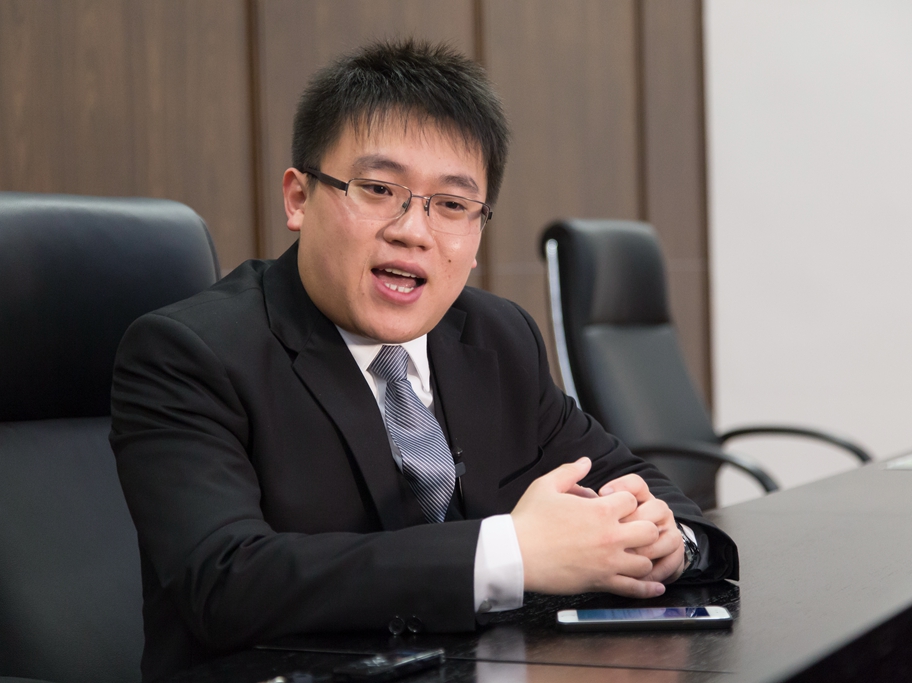
Lei decided to become a lawyer because he wanted to help other people solve their problems
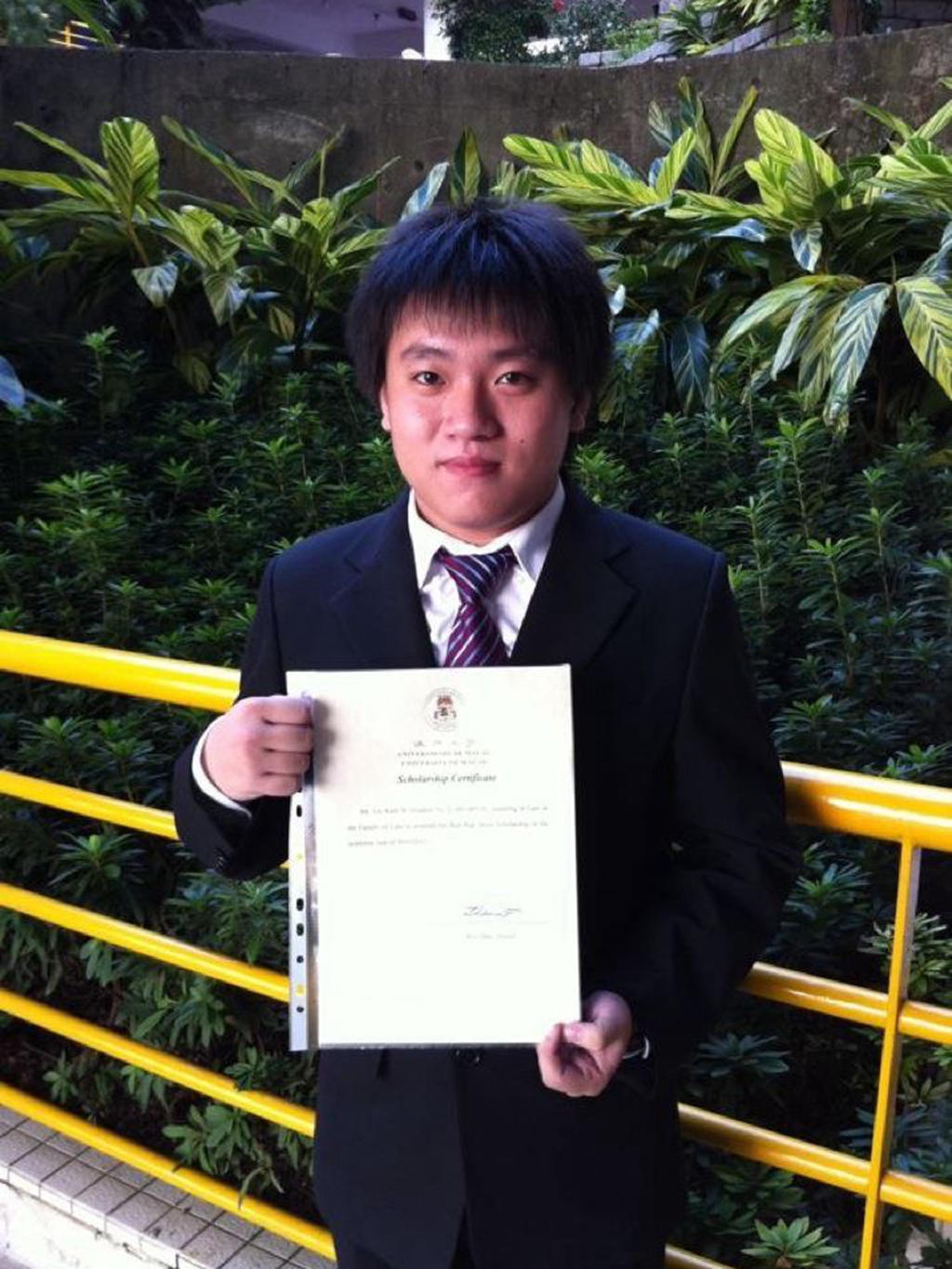
Lei receives the Run Run Shaw Scholarship in 2011
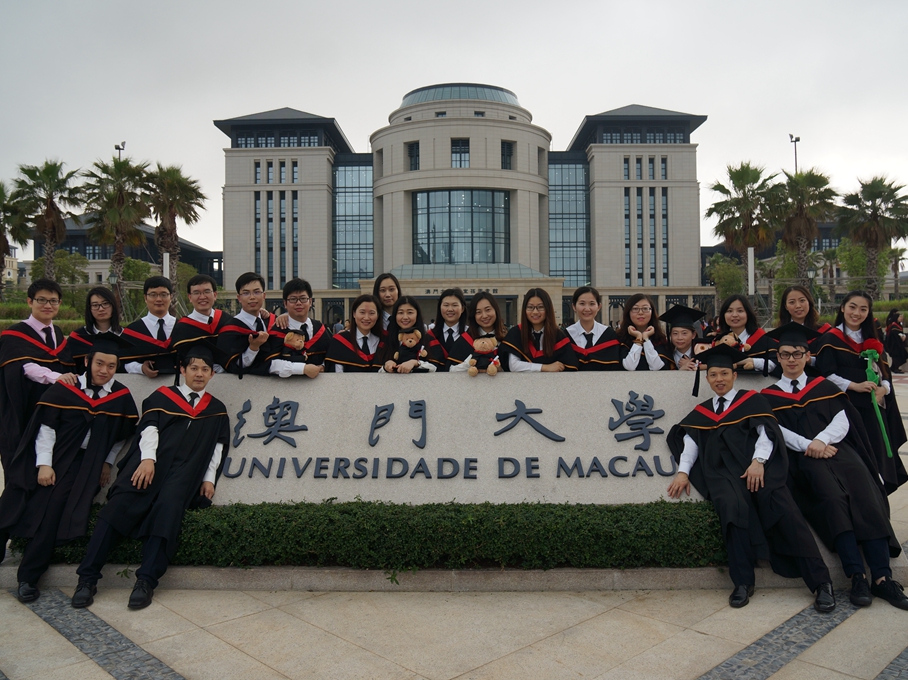
Lei (front row left one) is grateful for the guidance from his teachers and encouragement from his friends and classmates
